There are many ways parents can easily be involved in their children’s mathematics education. Parents' attitudes toward mathematics definitely have an impact on their children’s attitudes. Children whose parents show an interest in mathematics generally show more enthusiasm toward mathematics themselves.
So, how can parents help their children become more enthusiastic and interested in mathematics?
Here are some suggestions:

